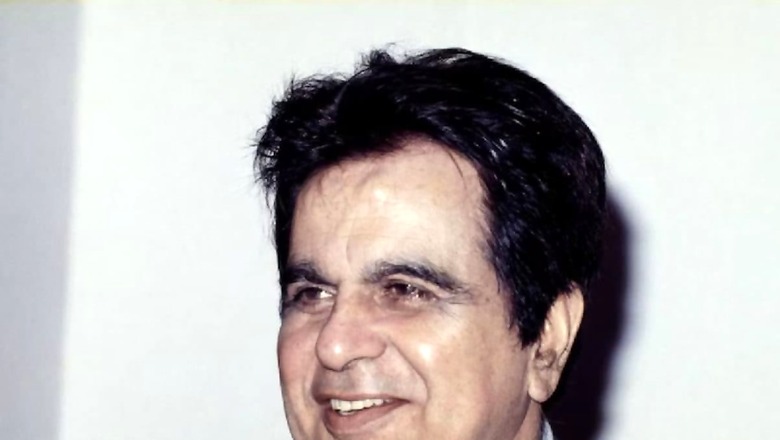
views
Bollywood’s one of the biggest superstars is Dilip Kumar, who has often been credited for pioneering method acting in Indian cinema. The Abhinay Samrat has belted out many evergreen hits in the history of Indian cinema which people still enjoy. He is one of the actors who has given the most number of hits in a year. Such was his aura and popularity that in no time he won the hearts of the audience, especially the female followers. But he struggled a lot before he made it big in the industry.
Dilip Kumar was born in the Qissa Khawani Bazaar neighbourhood of Peshawar, a city in the North-West Frontier Province of British India. He grew up in the same neighbourhood as his childhood friend, Raj Kapoor. However, before the megastar ventured into films, he used to work in the British army canteen as a means to earn his living. Actor Dilip Kumar used to make sandwiches, which were very well-liked by the people there.
Did you know he got jailed as well, once? Well, reportedly, while working at the canteen, the Mughal-E-Azam actor gave a speech during the freedom struggle. His words were considered to be anti-government and he was jailed for a few days at Yerwada. He also earned the name Gandhiwala.
It was in 1944 that he marked his debut film Jwar Bhata. Despite his first three films having an underwhelming performance at the box office, it was his fourth film that created a stir in the industry. In 1947, his film Jugnu set the screens on fire with his exceptional performance and emerged to be a blockbuster hit. He later went on to deliver hits like Shaheed, Mela, Andaz and Barsaat to name a few.
In the 50s, he became one of the most successful actors in the industry and gave more hits like Jogan, Babul, Tarana, Daag, Uran Khatola, Devdas, Madhumati and Paigham. He also established himself as the “tragedy king”. In 1960, he appeared with Madhubala in the film Mughal-e-Azam which was one of the biggest hits of the year.










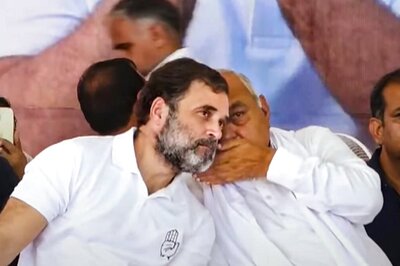
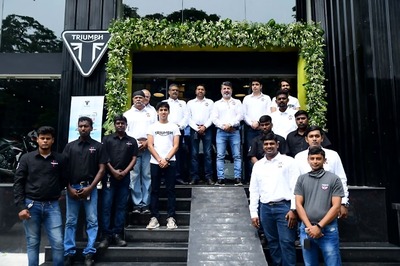
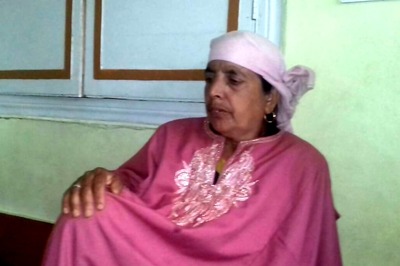
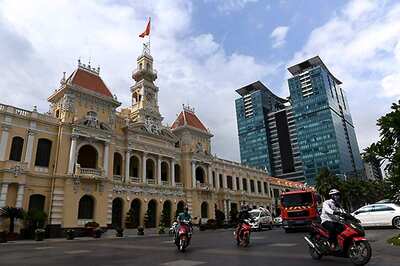

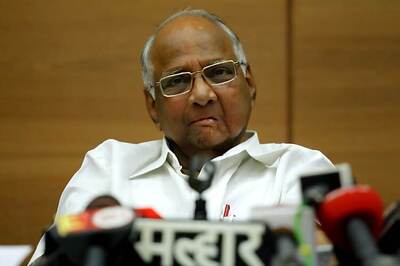



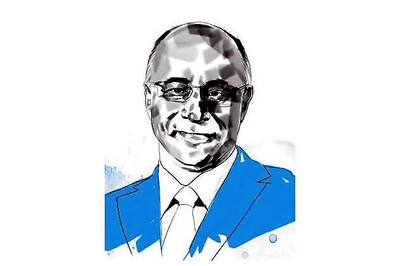
Comments
0 comment